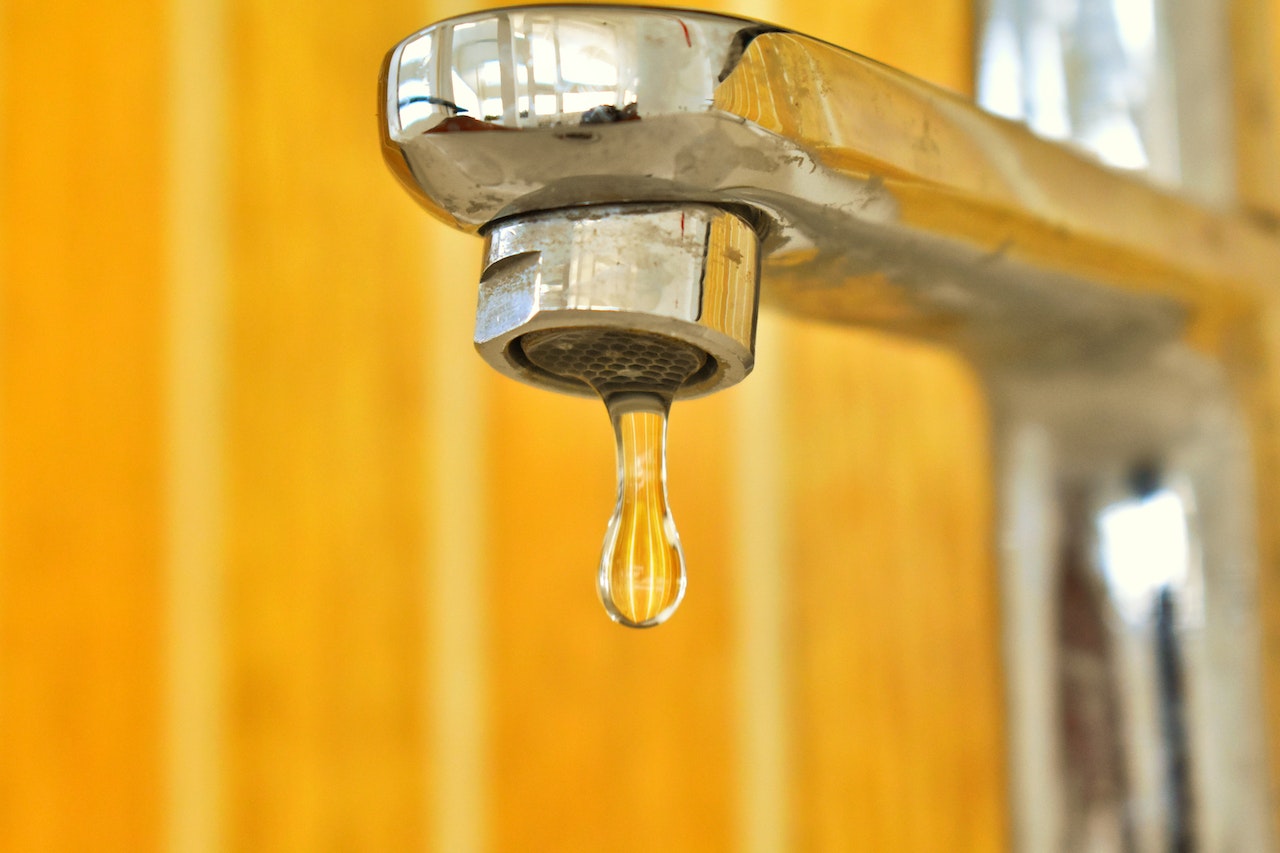PUSLINCH – The Ministry of Environment, Conservation and Parks (MECP) says the cause of smelly water coming from the taps in some homes in Puslinch is naturally occurring and is not the result of a chemical spill in drainage ditches on Highway 6.
But in the absence of documents and data, some local residents are not convinced.
About 25 families, all on independent wells in the area of Highway 6 and Fielding Lane, south of Highway 401 near Morriston, have had smelly water coming from their taps for about a month.
They sent samples to Wellington-Dufferin-Guelph Public Health and those results indicate there is no e. coli or coliform in the water.
But the cause of the smell, described as “rotting vegetables” and “rotting broccoli” was not identified.
The families notified the MECP and Ministry of Transportation as the same smell was noted by residents in a ditch at an address on Highway 6.
The Ministry of Transportation has taken soil samples from the ditch and results are not yet available.
But on July 21 the MECP sent an email to residents stating that according to its tests, odour-causing organics were detected in untreated well water.
“Odour causing organics can be produced when microbes and bacteria breakdown sulfur containing compounds as well as algae and fungus. The presence of these compounds in water causes a bad odour or taste in tap water,” states Lynnette Armour, a provincial officer with the ministry’s Drinking Water and Environmental Compliance Division.
“There is no Ontario drinking water standard or guideline for Canadian drinking water quality for the odour causing organics detected in the samples.”
Armour also states the ministry has reviewed the geology in the area and “the impermeable nature and thickness of the ground covering the water table (the depth that the wells are drawing water from) makes it unlikely that any chemical spills or ditch drainage along Highway 6 can migrate into the bedrock aquifer.”
Jason Ganning, who lives on Fielding Lane, said he feels affected residents are getting the run-around from the ministry.
“This feels like a generic, pass-the-buck response,” he told the Advertiser.
“I have seen my water reports and know the details of my well. The response we got (from the ministry) is without factual evidence. I haven’t seen anything, really – just this blanket statement.”
Armour, in her email, went on to say the water supplying the wells is affected by the quality of the source water that recharges the aquifer.
“The ministry recommends residents contact a water treatment specialist to discuss treatment options if they are still experiencing odours from their private wells,” she stated.
Ganning said some of his neighbours think the odour is dissipating, “but I haven’t noticed that,” he said on July 24.
“Maybe it’s because we are not using our tap water as much.”
Ganning said he’s the only one in his household who showers at home. The rest bathe at a nearby family member’s home whose well is not affected.
They are still using bottled water for drinking and cooking.
Sometimes they’ll use tap water to wash dishes and for laundry, “but it doesn’t really feel clean,” he said.
Ganning hopes the soil sample taken by the Ministry of Transportation will reveal more.
“No hydrologist looked down our well,” he said of the environment ministry’s test. “It’s not a coincidence that 20 or 25 homes are affected. It has to be stemming from somewhere.”
Ganning said if the province is baffled by the odour and can’t name the source, it should not just wash its hands of the matter.
“They say it’s organic but haven’t run across it before. If this is the first case in Ontario, why not do more research? And if it’s naturally occurring, show me the data,” he said.
“No one has told me the water is safe to drink.”
Well owners ‘responsible’
Armour said the MECP does not regulate drinking water from private wells.
“It is the responsibility of the private well owners to investigate and install treatment for water quality issues associated with private drinking water wells,” she stated in her email to residents.
Those systems could include sediment filters, carbon charcoal filters, reverse-osmosis filters, ultraviolet light filters or water distillers.
Ganning said they ring in at around $1,500.
“I’m crossing my fingers this will dissipate on its own or the Ministry of Transportation finds the answer,” he said.
He added he and his family will continue drinking bottled water until they know for sure their water is safe to drink.




